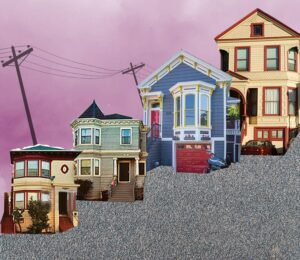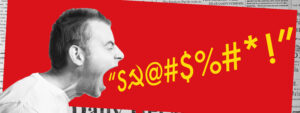On Sept. 20, actor Emma Watson presented a speech in New York, at an event for the HeForShe campaign, which calls for men to speak about the inequalities for women and girls. Her speech called for men to become advocates of gender equality and women in the cause of feminism.
As a woman, I root for gender equality. In my personal experience, I have tried to talk to men in my life and add them in this sphere but to no avail. Instead, these men have called me many names, particularly this one: “man-hater,” accusing me of trying to make the “male species” inferior to me because of my mind (and anatomy).
However, I am a bit troubled by Watson’s words. For instance, when she says, “Men — I would like to take this opportunity to extend your formal invitation. Gender equality is your issue, too.” The phrase “formal invitation” bothers me.
Why does this conversation have to be a “formal invitation” to something that’s suppressed me and other women? Throughout this speech, she places men on a pedestal, making them appear as victims of oppression and inequality, not thinking that women have been put down by a patriarchal EVERYTHING in society.
Men OBVIOUSLY benefit from this, so why would they want to be a part of this conversation? Again, I understand that Watson wants men to acknowledge their privilege in this world. But the “formal invitation” implies that women must be calm and ask men to present revolution, something I cannot cosign.
Also, as a woman of color, I’m skeptical about Watson’s agenda. Her experiences do not speak to me. In her speech, she presents a timeline discussing the incidents of her family and friends, which pretty much came from negative stereotypes.
She gives only a small negative focus on herself, mentioning her image being sexualized by the press at the age of fourteen. I understand that being fourteen and called a “budding sex symbol” is bizarre and uncalled for.
At the same time, Watson admits that her “life is a sheer privilege because my parents didn’t love me less because I was born a daughter. My school did not limit me because I was a girl. My mentors didn’t assume I would go less far because I might give birth to a child one day.” In short, Watson pretty much admits that she does not have much experience with exclusion as a feminist.
Beyonce, an entertainer with as much influence and privilege as Watson, has proclaimed her feminist stance through her music, embracing of sexuality, motherhood and so forth. She’s even done so through bold pink letters behind her at this year’s MTV’s Video Music Awards. However, many people, including women, found a problem with it. Beyonce chose to embrace her sexuality as a mother and woman of color. Watson limits herself in this speech through secondhand experiences, her age and her own privilege through her own affirmations.
Watson also excludes many people in the conversation. I mean, the name “HeForShe” already excludes gender-variant people. In fact, many of those who loved her speech were privileged and do not violate any social norms.
Importantly, her speech does not really present any intersectionality. Where do I, a queer and poor woman of color, even fit in? I also embrace who I am, something that already poses a threat to many people, including other women. I’m fighting so many different perceptions to be respected by men AND women. Watson’s words undermine that agenda and the multiple oppressions I have to face today.
I get Watson’s intentions to include men in the conversation. However, I feel that she did not capture the entire concepts of patriarchy and exclusion. She, like myself and many feminists, has a lot of work to do in order for us to be truly understood in our society.


